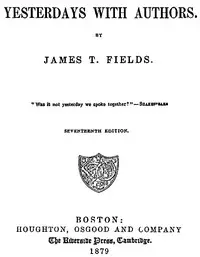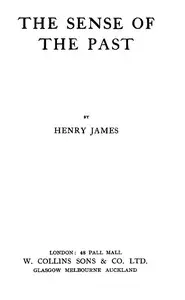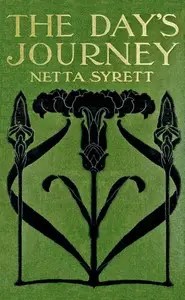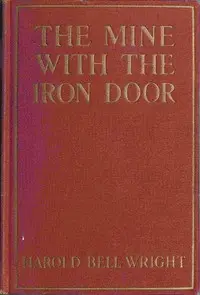"Their Yesterdays" by Harold Bell Wright is a reflective story about a man and a woman as they think deeply about their lives. The book explores big ideas like dreams, love, and how time changes us, mainly through these two characters' memories. The man looks back on what it means to be a man and the dreams that drive him, while the woman thinks about being a woman and what society expects from her. They both learn important lessons about friendship, love, and chasing goals as they revisit their pasts, showing how what happened before can really shape who you are today.

Their Yesterdays
By Harold Bell Wright
Two souls journey through memories of friendship, love, and ambitions, discovering universal truths in their shared human experience.
Summary
About the AuthorHarold Bell Wright was a best-selling American writer of fiction, essays, and nonfiction. Although mostly forgotten or ignored after the middle of the 20th century, he had a very successful career; he is said to have been the first American writer to sell a million copies of a novel and the first to make $1 million from writing fiction. Between 1902 and 1942 Wright wrote 19 books, several stage plays, and many magazine articles. More than 15 movies were made or claimed to be made from Wright's stories, including Gary Cooper's first major movie, The Winning of Barbara Worth (1926) and the John Wayne film The Shepherd of the Hills (1941).
Harold Bell Wright was a best-selling American writer of fiction, essays, and nonfiction. Although mostly forgotten or ignored after the middle of the 20th century, he had a very successful career; he is said to have been the first American writer to sell a million copies of a novel and the first to make $1 million from writing fiction. Between 1902 and 1942 Wright wrote 19 books, several stage plays, and many magazine articles. More than 15 movies were made or claimed to be made from Wright's stories, including Gary Cooper's first major movie, The Winning of Barbara Worth (1926) and the John Wayne film The Shepherd of the Hills (1941).













